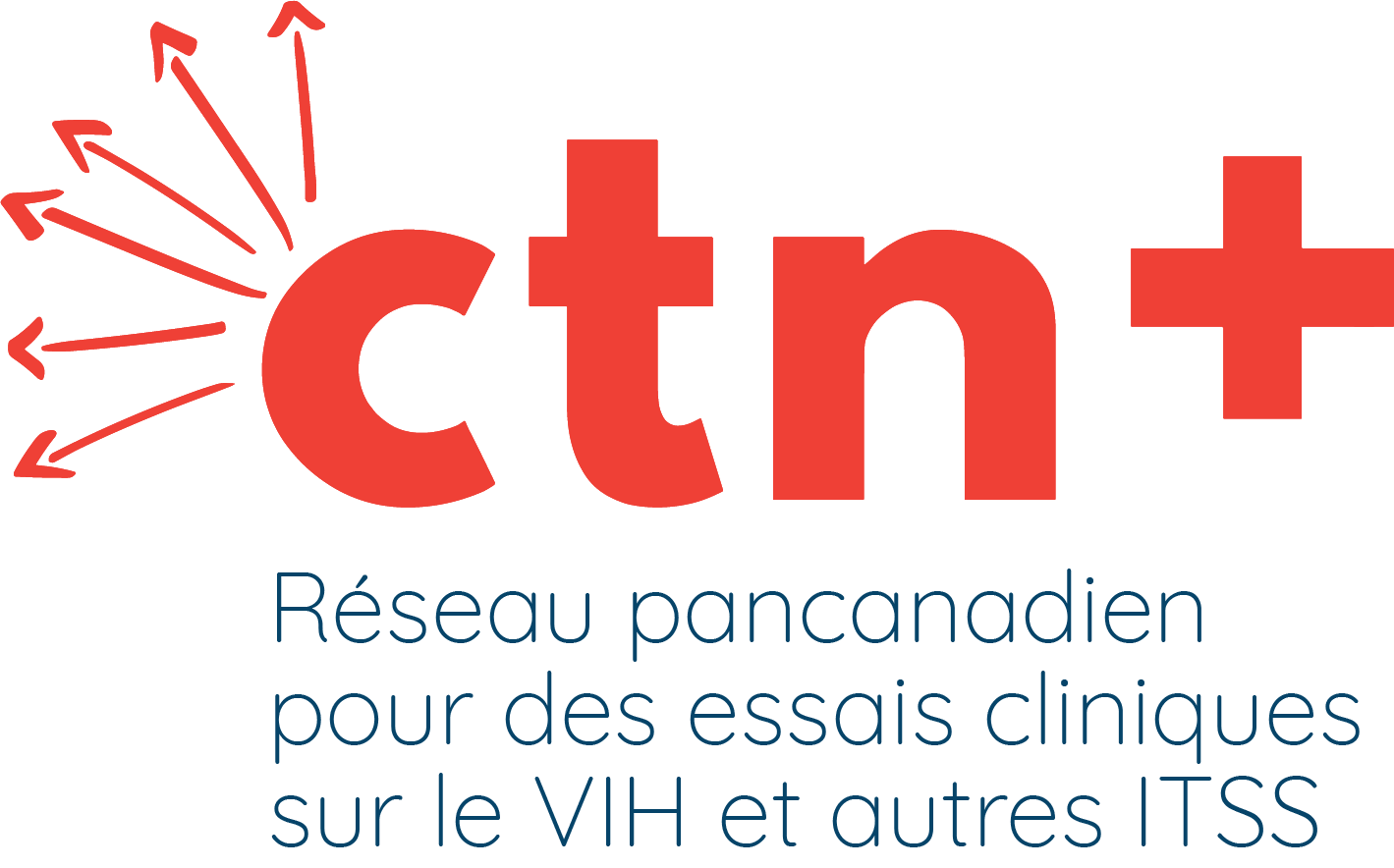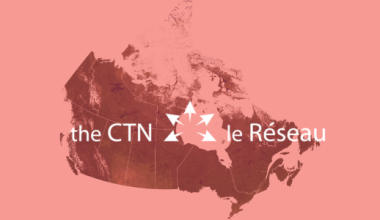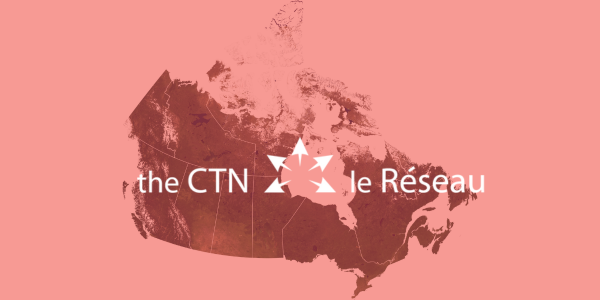
Trans Working Group at the 2017 CTN Annual Spring Meetings in Montreal
The Prevention and Vulnerable Populations (PVP) Core’s Trans Working Group has submitted their first grant proposal.
The proposal is titled “TEACHH: Transgender women removing healthcare barriers to engagement in the HIV prevention and care cascades” and is headed by Dr. Carmen Logie, Yasmeen Persad, and Gabrielle Leblanc, and includes a large co-investigator and community collaborator team.
If funded, the team would develop and deliver theoretically-informed healthcare workshops for providers of HIV-care to trans women. The workshops would facilitate trans inclusive services and programs, provide skills to increase culturally-competent and gender-affirming care and inform providers of the social context of trans women’s lives.
In Canada, trans women experience higher HIV prevalence and lower access to care than cisgender people. In addition to a lack of training in the health needs of trans women, HIV-positive trans women face transphobia in HIV settings, and HIV stigma in trans care settings. There is a lack of research on the Canadian settings for HIV-positive trans women’s health and interventions to address barriers.
“Trans people living with and affected by HIV need to be able to access care along the health continuum in order to lead healthy lives” – Yasmeen Persad
The team hopes this project will improve access.
The Trans Working Group is comprised of 11 people and includes people from many regions, ethnic backgrounds, both trans and cisgender people working together to advance trans health outcomes. The group consist of community and academics (with backgrounds in various disciplines including community-health, social work, education, gerontology, clinical research and epidemiology).
“PVP supports researchers (from community to academics) that are interested in a shared topic to come together and identify goals and then develop grant proposals,” said Core associate, Chavisa Horemans. “We foster naturally-forming research working groups that are passionate about topics that best serve the interests of the communities involved.”
The CTN’s four Cores organize work and partnerships in their own way. The Prevention and Vulnerable Populations Core’s working group model is distinct as it brings together investigators and community members around common themes often drawing people from all four CTN Cores.






